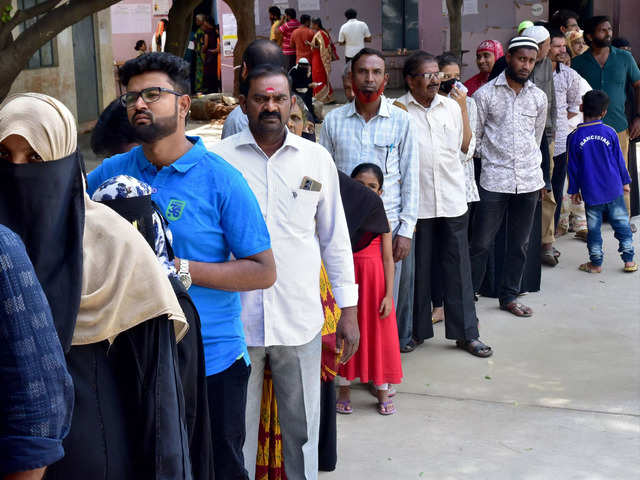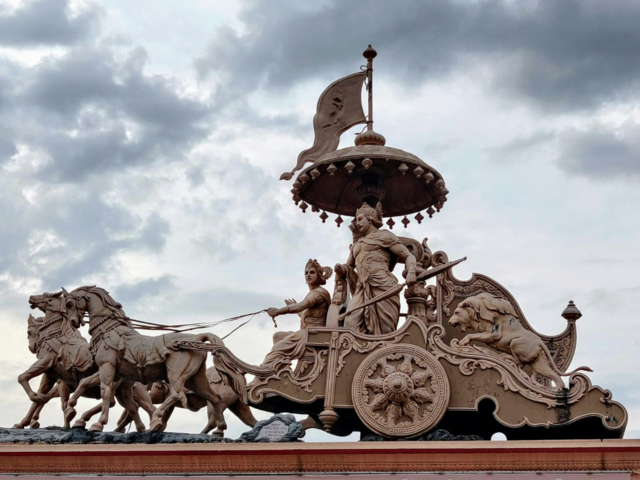
Xiaomi’s Manu Kumar Jain, Realme’s Madhav Sheth and Poco’s C Manmohan
While Cola wars and burger rivalries are quite common, a recent example that caught our attention was that of top honch...
Jan 30, 2020, 10:00 IST
brands
As top smartphone CEOs engage in a public banter, expert thinks it could affect the brand's image negatively
Jan 30, 2020, 10:00 IST
While Cola wars and burger rivalries are quite common, a recent example that caught our attention was that of top honch...
- The CEOs of smartphone companies such as Xiaomi’s Manu Kumar Jain, Realme’s Madhav Sheth and Poco’s C Manmohan engaged in a Twitter banter.
- The top stalwarts of the industry mocked each other for plagiarism, declining sales, and intrusive ad models.
- Have the CEOs of smartphone brands hit a new low or are they bringing boardroom conversations to the public and becoming more transparent? Answers
Karthik Srinivasan , Brand and Social Media Expert.
While Cola wars and burger rivalries are quite common, a recent example that caught our attention was that of top honchos of Chinese smartphone companies such as Xiaomi’s Manu Kumar Jain, Realme’s Madhav Sheth and Poco’s C Manmohan engaging in a war of words on Twitter.
It all started when a Twitter user, Nimish Dubey, tagged Jain asking if Xiaomi’s ad model had inspired Realme’s decision to introduce intrusive ads onto its operating system. To which, Jain responded by mocking Realme for being a ‘copy-cat’ instead. He further said that all smartphone brands push advertisements but the audience mocks Xiaomi because it has been transparent about its business model, whilst others have shied away.
Funny! A copy-cat brand mocks us. Later this brand brings ads & some ppl start blaming us.��♂️ Most brands push ad… https://t.co/YK5GYV7Vhd
— Manu Kumar Jain (@manukumarjain) 1578146772000Poco’s Manmohan got back at Jain by making fun of his unsolicited advice and asked him to concentrate on his declining sales instead.
Hilarious! A real #CopyCat brand that copied almost everything is giving lecture. Instead of advice, maybe try to… https://t.co/JSHcbovf3d
— C Manmohan (@cmanmohan) 1580213386000A real innovative brand and market leader won't behave like that. Basic dignity and ethics should be maintained no… https://t.co/gElu85mmgN
— Madhav 's Lifestyle (@MadhavSheth1) 1580200549000Ex-OnePlus Product Lead, Szymon Kopeć,also jumped in -- picking on Realme’s Madhav Sheth saying ‘imitation is the sincerest form of flattery.’
OnePlus was all about Fast, so that was F1's tagline too. Now OnePlus is about Fast and Smooth, and guess what? Als… https://t.co/vb6vl2OFqr
— Szymon Kopeć (@szymonkopec) 1580111570000Brand and Social Media Expert, Karthik Srinivasan took to Twitter to share his views on this conversation between the CEOs and how it can affect their brand’s image in public.
He wrote, “This is all terrible form, to play out in public. This used to be reserved for closed rooms and private discussions earlier. Now, it's all spilling into a public spectacle. Maybe they all learn from TV News channels which have made mudslinging an art form and as viewers (humans!), we all seem to love watching dirty linen being washed in public as long as it is not our dirty linen. Voyeurism.”
However, he also said that this could open up a room for public transparency, bringing boardroom bashing out in the public.
“Another way to look at it: this is the new way of doing business! Attacking rivals head-on, publicly, in a highly competitive market is a way to garner attention. Riding on that heady attention is akin to riding a wild bull, but that's the need for today's cut-throat markets,” explains Srinivasan.
Even in the past, rivals Xiaomi and OnePlus have tried to pull each other down in their campaigns.
When OnePlus on-boarded Hollywood actor, Robert Downey Junior as its brand endorser, Xiaomi came up with an OOH campaign and placed it right beside OnePlus’ billboard with a tagline that read, ‘Starkly Superior To The Latest One’, taking a dig at OnePlus.
Talking about the larger problem in this recent banter, Srinivasan tweeted, “When you attack someone, the viewers would assume that you are open for attacks too. ‘He can do that to others, so I guess he's game too!’. ‘Negativity begets negativity’. Both positivity and negativity are contagious. It's usually a choice.”
INSIDER INTELLIGENCE REPORTS







